Inauguration Celebrating Best of American Story
“Our history has been a constant struggle between the American ideal that we are all created equal and the harsh, ugly reality that racism, nativism, fear, and demonization have long torn us apart."
"The battle is perennial. Victory is never assured.Through the Civil War, the Great Depression, World Wars, 9/11, through struggle, sacrifice, and setbacks, our "better angels" have always prevailed.“
On Jan 20, President Biden’s inaugural speech offered hope signaling a new beginning in the American Story celebration. Just 2 weeks ago during one of the darkest days in our history, Trump denied election results and incited insurrection at our Capitol building to overthrow the government, threatening our 200 years old democracy, now we begin to heal and move forward.
After serving USA for 30 years as senator, 2 terms as VP alongside Obama, Biden took oath at age 78 to become our oldest President. His words, coherent and articulate, enflamed with passion and compassion, pleaded for unity and comprehension in a nation divided.
 Kamala Harris, lost the democratic nomination but won the ticket as Biden’s VP and broke the glass ceiling by becoming the 1st female vice president, 1st African-American and 1st Asian-AmericanVP. She inspired young girls everywhere to dream.
Kamala Harris, lost the democratic nomination but won the ticket as Biden’s VP and broke the glass ceiling by becoming the 1st female vice president, 1st African-American and 1st Asian-AmericanVP. She inspired young girls everywhere to dream.
And 22-year-old Amanda Gorman, the youngest ever national poet laureate, compensated for an auditory processing disorder and held nation spellbound with her lyrical words, as she recited “The Hill We Climb” to the world.
Oldest President, first ever African-Asian-American female VP and youngest poet laureate. Old, Young, Black, White. This is America. Land of opportunity. For all.
Gorman. who overcame a speech impediment, stood tall; her voice like a healing balm, rang steady in a soothing cadence and natural rhythm.
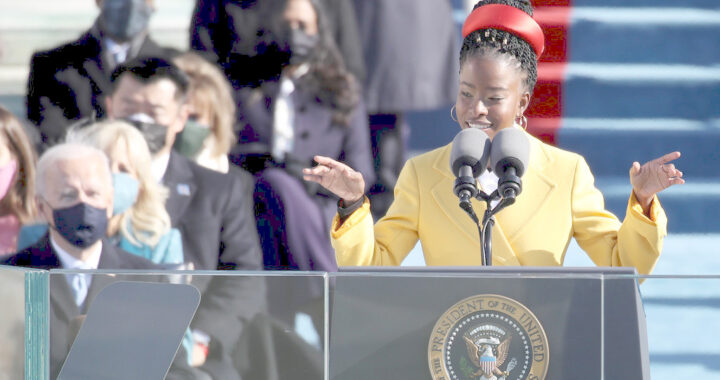
The Hill We Climb
“…Where a skinny Black girl
descended from slaves and raised by a single mother
can dream of becoming president
only to find herself reciting for one
And yes we are far from polished
far from pristine
but that doesn't mean we are
striving to form a union that is perfect
We are striving to forge a union with purpose"
America boasts of sports icons, movie stars, media moguls, but our real champions are these folks who fought the odds and overcame terrific personal losses to keep fighting.
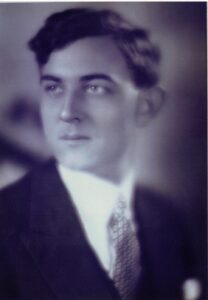 On a smaller scale, heroes exist within our own families. Like my maternal grandparents who came to America for a better life. When my Norwegian grandpa Gustav lost his job during the Great Depression, he walked to the Chicago Public Library everyday to read books because he always wanted to be educated but never had the opportunity.
On a smaller scale, heroes exist within our own families. Like my maternal grandparents who came to America for a better life. When my Norwegian grandpa Gustav lost his job during the Great Depression, he walked to the Chicago Public Library everyday to read books because he always wanted to be educated but never had the opportunity.
Or my paternal grandparents who lost 2 sons. Instead of becoming bitter, they dedicated their lives as teachers and college coaches guiding other people’s sons into adulthood.
Or my parents who spent their careers as educators in the same community not seeking praise, but finding peace knowing the value in helping a child read better, stand taller, be braver.
Or me. Losing everything. Beginning again. Not once. But twice. Learning to grip, walk, talk, read and write. Never giving up in spite of great physical pain and emotional despair, looking outside of self to encourage another to get up and go on too. To continue my mission inspiring courage, breaking barriers, creating connections internationally.
That is our American story. Perseverance. Pioneer spirit. Resiliency. Courage. Tolerance. To rise up again. To rebuild Together. Hand in hand. As Biden concluded in his speech:
Here we stand, in the shadow of a Capitol dome that was completed amid the Civil War, when the Union itself hung in the balance.
Yet we endured and we prevailed.
…/…
And here we stand, just days after a riotous mob thought they could use violence to silence the will of the people, to stop the work of our democracy, and to drive us from this sacred ground.
That did not happen.
It will never happen.
…/…
And together, we shall write an American story of hope, not fear.
Of unity, not division.
Of light, not darkness.
An American story of decency and dignity.
…/…
May this be the story that guides us.
The story that inspires us.
This is our America.

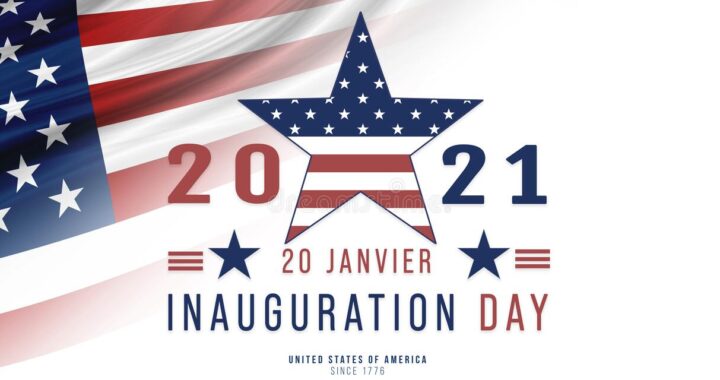
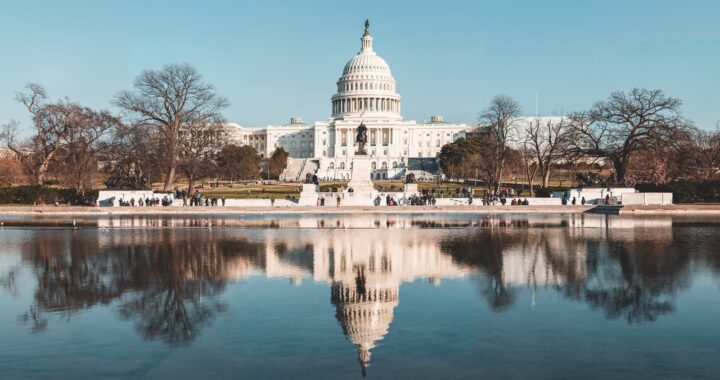
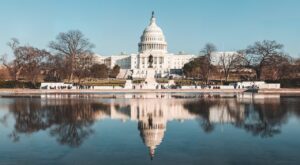 ur years under the leadership of this madman ended in this deplorable moment in our history, leaving American citizens shocked, appalled, humiliated and terrified. It degraded our image and lowered our status among other countries.
ur years under the leadership of this madman ended in this deplorable moment in our history, leaving American citizens shocked, appalled, humiliated and terrified. It degraded our image and lowered our status among other countries.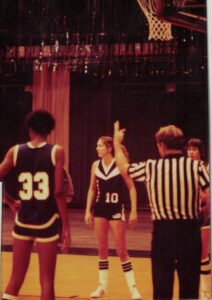 In my twenties I called it home, when I was a player for the professional basketball team, the
In my twenties I called it home, when I was a player for the professional basketball team, the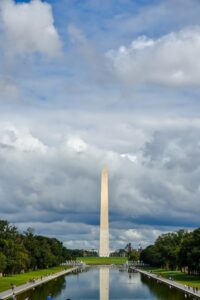 Long after I moved to Europe, DC remained imprinted in my heart - Fort Belvoir, a US Army base where we practiced, the DC Armory, the national guard training arena, where we played our games, and the Capitol Center where we toured. A kaleidoscope of memories collide warm family meals, heated basketball games, cozy jazz clubs in historic Georgetown, and landmarks of American history.
Long after I moved to Europe, DC remained imprinted in my heart - Fort Belvoir, a US Army base where we practiced, the DC Armory, the national guard training arena, where we played our games, and the Capitol Center where we toured. A kaleidoscope of memories collide warm family meals, heated basketball games, cozy jazz clubs in historic Georgetown, and landmarks of American history.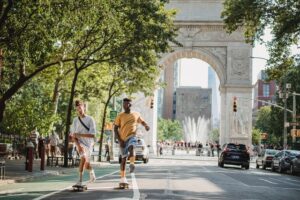 Before an entire country can heal, we must begin with one person. Reach out. Get to know someone of another religion, race, culture, ethnicity and learn about their universe. What foods do they eat? What holidays do they celebrate? What language do they speak? What deities do they worship? What fears do they face of living in the USA? How can they be made to feel welcome here?
Before an entire country can heal, we must begin with one person. Reach out. Get to know someone of another religion, race, culture, ethnicity and learn about their universe. What foods do they eat? What holidays do they celebrate? What language do they speak? What deities do they worship? What fears do they face of living in the USA? How can they be made to feel welcome here?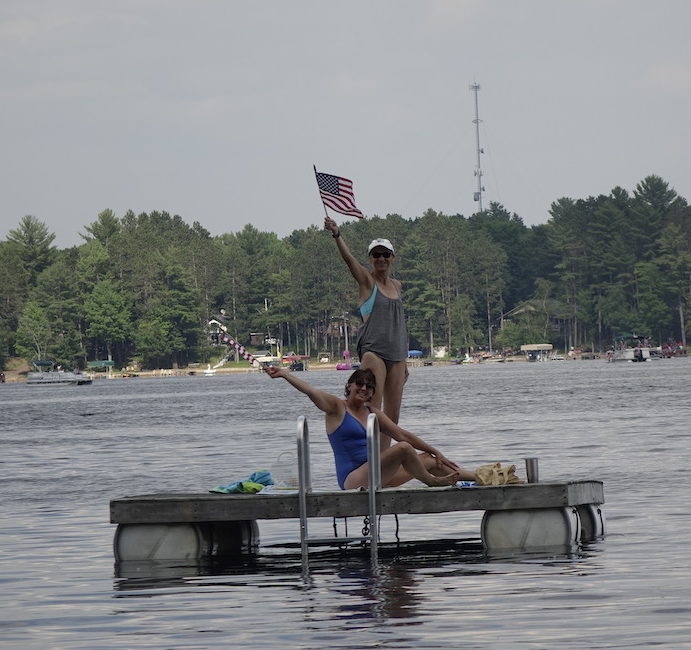
 On our nation’s birthday I want to wish everyone a Happy 4th of July, but I don’t feel happy. I am deeply troubled about our future.
On our nation’s birthday I want to wish everyone a Happy 4th of July, but I don’t feel happy. I am deeply troubled about our future.








